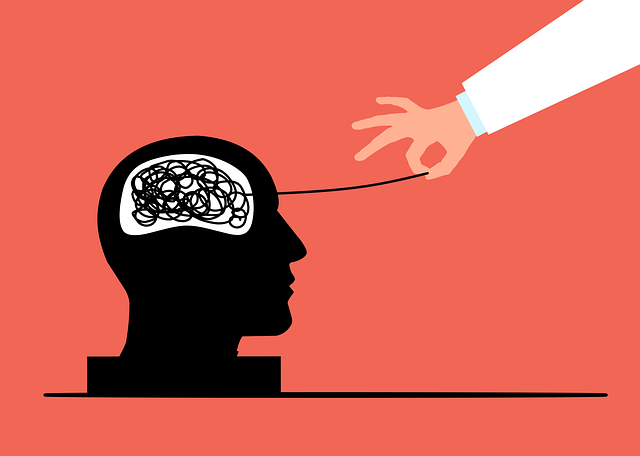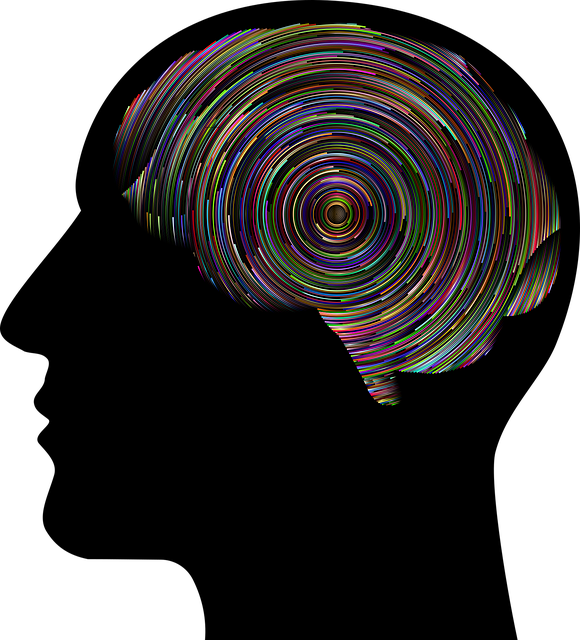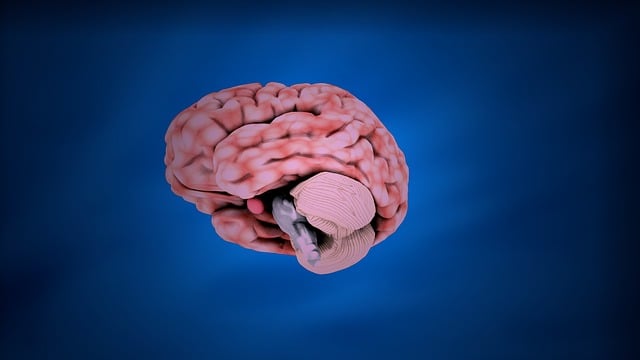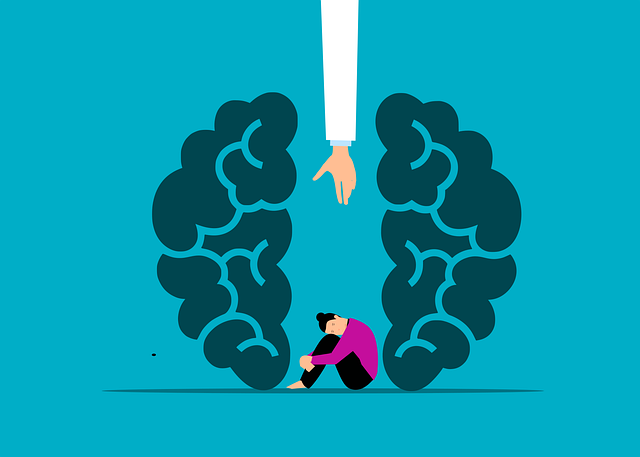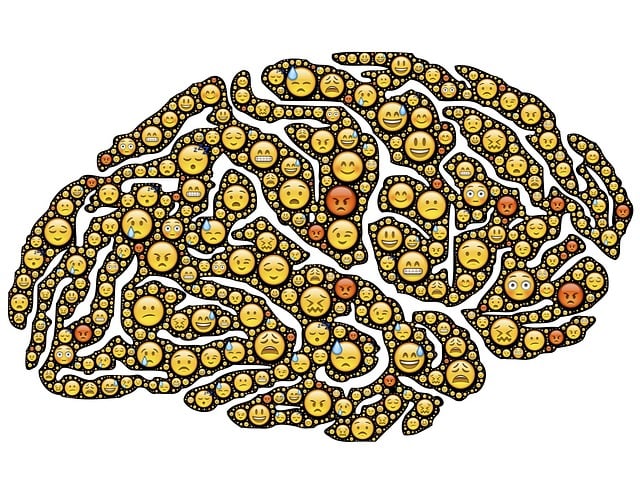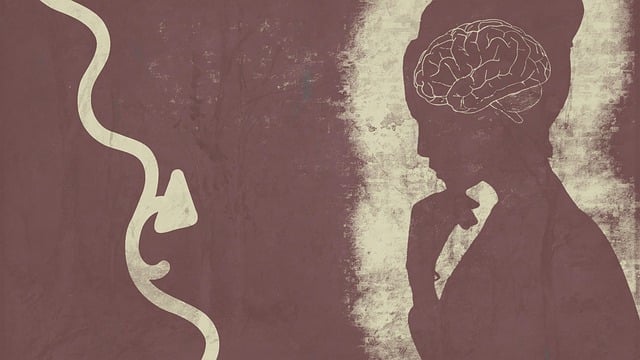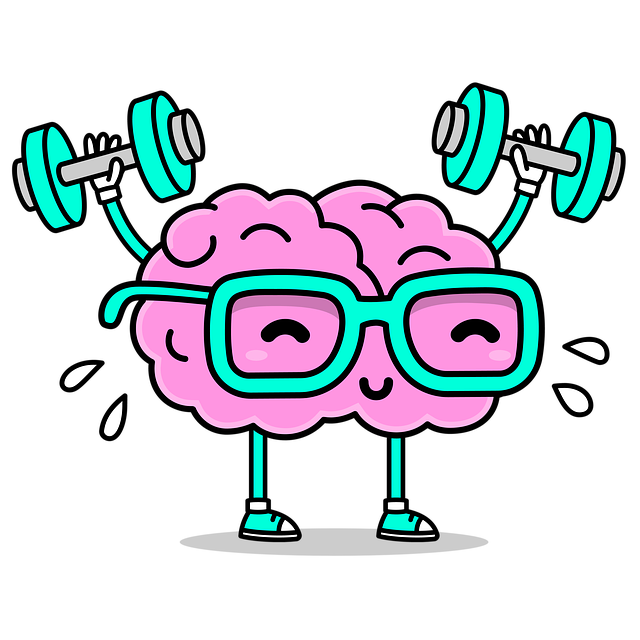Postpartum Depression (PPD), a common but often undiagnosed mental health issue in new mothers, requires early recognition and effective therapy, which can include counseling or medication. Integrating therapy into education programs tailored to new mothers offers a promising solution, enhancing emotional intelligence, coping strategies, and resilience. These programs should cover PPD symptoms, crisis intervention, and resource access, fostering holistic well-being through engaging, supportive learning environments. Tailoring content to diverse populations and cultural contexts ensures inclusive participation and understanding of mental health perspectives within communities.
Mental health education programs play a vital role in supporting new mothers, especially those grappling with postpartum depression (PPD). This article explores strategies to address this common yet often overlooked issue. We delve into understanding PPD’s symptoms and impact, highlighting the importance of integrating therapy into educational initiatives. Furthermore, we provide guidelines for designing comprehensive courses that offer practical tools and resources for identifying and managing PPD, focusing on evidence-based practices for effective therapy integration.
- Understanding Postpartum Depression: Symptoms and Impact
- Integrating Therapy into Education Programs for Postpartum Support
- Designing Comprehensive Mental Health Education Courses for New Mothers
Understanding Postpartum Depression: Symptoms and Impact

Postpartum Depression (PPD) is a complex and often undiagnosed mental health condition that can significantly impact new mothers. It’s crucial to understand its subtle symptoms, which may include persistent sadness, anxiety, irritability, fatigue, and difficulty bonding with the baby. These feelings can range from mild discomfort to overwhelming despair and can affect a mother’s ability to care for herself and her child. The impact extends beyond the individual, often straining relationships and affecting family dynamics.
Early recognition is key to effective therapy for postpartum depression. Public awareness campaigns development focused on emotional well-being promotion techniques can play a vital role in educating both mothers and healthcare providers. By fostering open conversations about mental health, these initiatives can encourage help-seeking behaviors and improve access to appropriate support, including counseling, medication, or a combination of both. Emotional intelligence, understood as the ability to recognize and manage one’s own emotions and understand others’ feelings, is also an essential tool in navigating PPD and promoting recovery through supportive relationships and self-care practices.
Integrating Therapy into Education Programs for Postpartum Support

Integrating therapy into education programs offers a promising approach to postpartum support, addressing the growing need for mental health resources for new mothers. Postpartum depression (PPD) is a common yet often overlooked issue, affecting many women in the early months after childbirth. By incorporating therapeutic practices into educational frameworks, we can empower expectant and new mothers with the tools to navigate these challenges.
The incorporation of therapy, tailored to the unique needs of postpartum individuals, aligns with the Mind Over Matter Principles. Educational programs can facilitate emotional intelligence development, equipping women with self-awareness and coping strategies. This holistic approach goes beyond symptom management, fostering resilience and long-term mental well-being. Moreover, it contributes to a broader Mental Health Policy Analysis and Advocacy, highlighting the significance of early intervention and preventive measures for PPD within the community.
Designing Comprehensive Mental Health Education Courses for New Mothers

Designing Mental health education courses tailored for new mothers is a vital step towards fostering holistic well-being during this transformative period. These programs should incorporate a multi-faceted approach to address the unique challenges that motherhood introduces, particularly focusing on mental health awareness and support mechanisms. By integrating therapy for postpartum depression, emotional healing processes, and crisis intervention guidance into the curriculum, future mothers can be equipped with invaluable knowledge and skills.
The course structure should balance educational content with practical exercises, ensuring an engaging and supportive learning environment. Topics such as recognizing early signs of mental health issues, accessing available resources, and coping strategies can empower new mothers to navigate their emotional journeys effectively. Tailoring the program design to cater to diverse populations and cultural contexts is essential, allowing for inclusive participation and a deeper understanding of various perspectives on mental health within communities.
Mental health education programs play a pivotal role in supporting new mothers and addressing postpartum depression (PPD). By integrating knowledge about PPD symptoms, impacts, and evidence-based therapy options, these programs can empower women to seek help early. Comprehensive courses that educate and offer practical strategies for postpartum support are essential in fostering resilience and improving mental well-being among new mothers. Implementing tailored therapy interventions within educational frameworks ensures a holistic approach, ultimately reducing the stigma surrounding PPD and promoting healthier mother-infant relationships.


